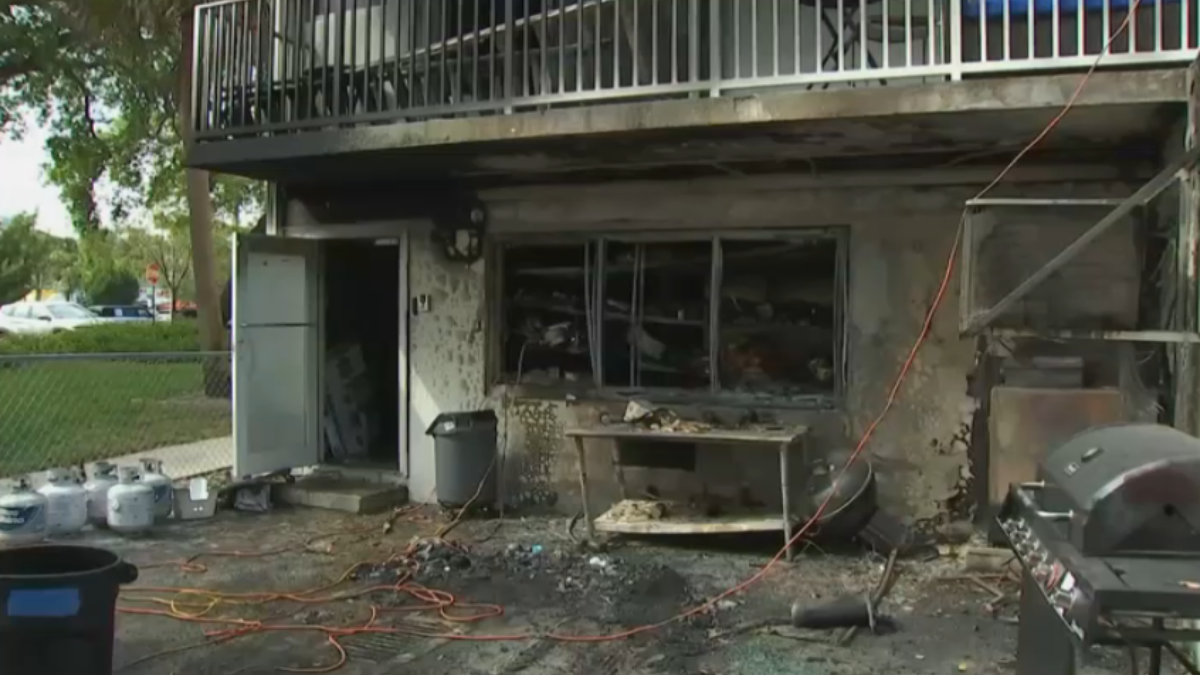New technology that could prevent a child from dying in a hot car could soon be standard in all new vehicles.
Right now the National Highway Traffic Safety Administration is reviewing different alert systems to determine what should be included in new vehicles with the aim to save lives.
Some of the technology already exists in certain cars like the Genesis, which has a sensor inside will alert police and send them the vehicle’s location when the alarm goes unanswered.
"It’s a great feature, especially if you have a family," said Kamel Chihi, with Rick Case Hyundai in Davie.
Get South Florida local news, weather forecasts and entertainment stories to your inbox. Sign up for NBC South Florida newsletters.
The sensor is called a Rear Occupant Alert System or ROA, which detects movement in a vehicle.
"You left the car and then the car after you leave, it’s going to start flashing and honking, that way it reminds you that there is something in the car," Chihi said. "Once the sensor detects the movement it’s going to send the alert outside."
And alerts show up on your dashboard before you leave the vehicle.
Local
"It tells you check rear seats for passengers and belongings,” Chihi said.
If the alarm goes unanswered a text message can be sent, or a message goes to police that someone is in danger inside the car.
It's the kind of technology experts hope will prevent a tragedy like Monday's death of a 3-year-old boy in Miami Gardens who had been left inside a hot vehicle.
"Nobody wants children to die in hot cars. It’s just the most horrific situation," said Amber Rollins, the director of Kids and Car Safety, a nonprofit that works to keep children and pets safe in and around motor vehicles.
It's the same group that helped make back-up cameras mandatory. Now their focus is on ROA.
"These technological advances work because they design away the danger and this is so important especially when we are dealing with an issue where they believe it’s never going to happen to them," Rollins said.
Last November, a provision was passed in the Infrastructure Investment and Jobs Act to address hot car tragedies by requiring alerts in all new vehicles.
The National Highway Traffic Safety Administration is now reviewing available technology to determine what should be required in new vehicles.
Rollins said the after-market products don’t do enough and said even some built-in systems are flawed. That's why she and her team are pushing for the ROA technology.
"The auto makers don’t have to wait, they can install this technology on their vehicle today," Rollins said.
It will likely be a while before ROA is required in cars. It took about ten years for the back-up cameras to be required after the law was passed.
In the meantime, there are some simple things you can do for free to prevent a hot car death, like keeping your cell phone next to the car seat to remind you to look back there.
Look Before You Lock Checklist:
- Check the backseat every time you leave your vehicle
- Put a visual reminder in the front seat (diaper bag, stuffed animal)
- Take an item you need to start your day and place it near the car seat in the back



